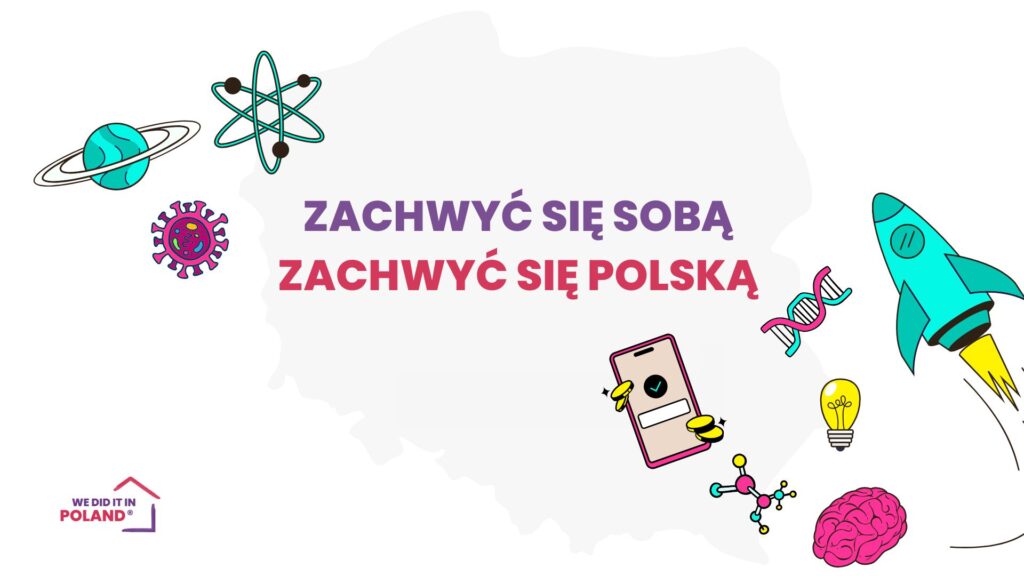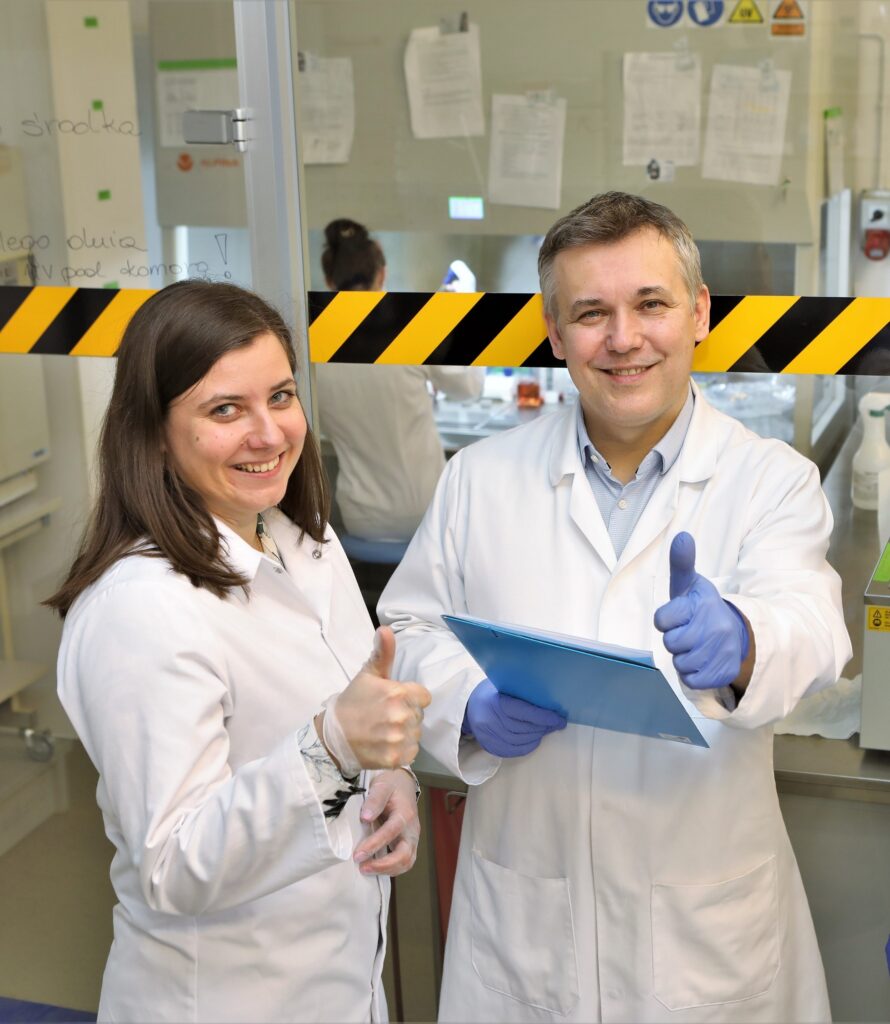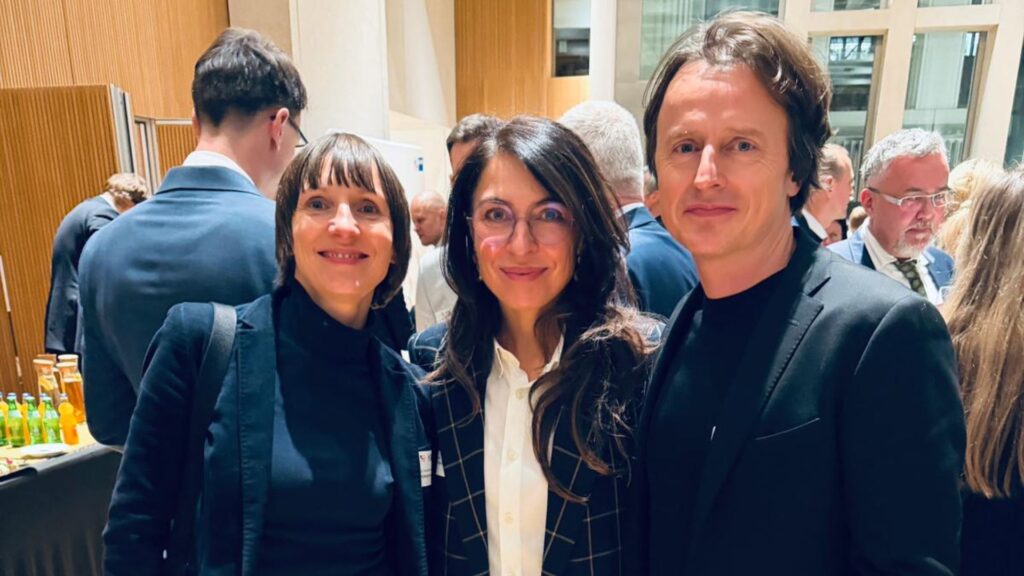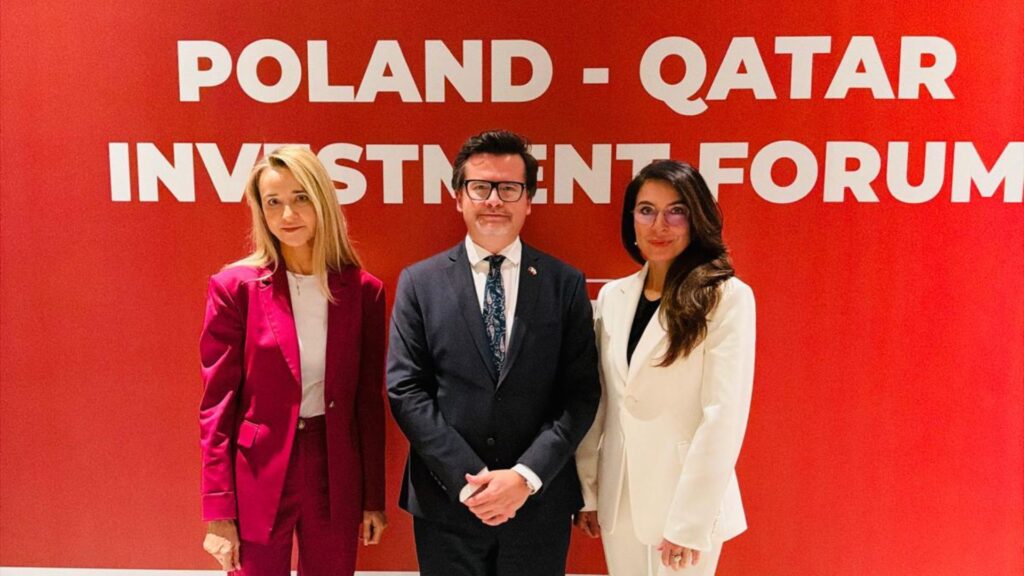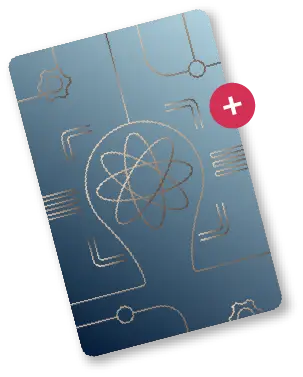We pay as we like
Just a decade ago, cash was the undisputed queen. Today, as data from the Cashless Poland Foundation show, already 69% of retail transactions in Poland take place without using physical money. We most often use contactless cards, mobile apps, and increasingly, watches and phones.
But this is not only a matter of technology development, but above all – convenience. The wallet is no longer necessary, because the smartphone performs all its functions. It is both a loyalty card and a means of payment. And while cash still functions, we are increasingly treating it as a safety net for emergencies, rather than as the main payment tool.
Change in Poles’ wallets: we are leading the cashless shift
Poland is co-creating a cashless revolution. It is safe to say that our country is one of the driving forces behind the digital transformation of payments in Europe today. Over the past few years, we have made a technological leap that seemed unattainable a decade ago.
The number of payment terminals in Poland has increased from about 600,000 in 2018 to more than 1.3 million in 2024. This means that almost every service or retail outlet – even in small towns – accepts cashless payments.
In the European ranking of terminal availability, Poland rose from 16th to 7th place, ahead of countries with a much longer financial tradition – France, Spain or Italy. Poles are also among the most active users of contactless payments. More than 97% of card transactions in Poland are contactless payments. This result puts us at the forefront of Europe not only in terms of infrastructure, but also in terms of the real use of modern payment tools and devices.
READ ALSO: Two out of three payments in 2024 in Poland will be cashless transactions. Latest data
It is particularly significant that this change does not apply only to large cities. Today we pay cashless even in local vegetable shops, public toilets and bazaars.
– Since the inception of the Poland Without Cash Foundation, we have consistently supported the payment transformation in Poland, and today we can proudly observe its tangible effects. Digital payments are growing not only in traditional commerce or e-commerce, but are increasingly boldly entering such sectors as transportation, commercial and public services, and automated sales. This is a clear sign that digitization is becoming a universal standard, providing an amenity in everyone’s daily life and in the conduct of business. Our mission invariably focuses on creating the future of payments, for the benefit of both consumers and entrepreneurs – with a particular focus on the small and medium-sized business sector, which is increasingly turning to modern payment technologies as a key tool for its growth
– comments Joanna Erdman, CEO of the Cashless Poland Foundation.
Will cash disappear?
While it’s hard to imagine a world completely devoid of physical money today, the direction we’re heading in makes it quite clear that cash plays less of a role in everyday transactions than it did just a few years ago. More and more services today operate on a subscription model – from streaming platforms to transportation, food or even cosmetics. In many cases, payment is made automatically, without our active participation. Also, we pay for electric scooters, city bikes or car sharing digitally – quickly and conveniently.
Significantly, this trend does not apply only to generation Z or millenials. More and more older people are using contactless payments, learning to use banking apps and appreciating their convenience. Children and teenagers are also entering the world of digital finance earlier and earlier. Digital payments are no longer reserved for the chosen few. They are becoming the new standard, used by people of all ages. Convenience, security, control over finances – these are universal needs, not just generational ones.
So will cash disappear completely? Not necessarily. But its function is changing from a primary means of payment to a supplement.
A wallet you can’t see
The biggest change in Poles’ wallets is not that we have less money in them. It lies in the fact that increasingly we simply don’t have them. We have stopped treating the physical wallet as a daily necessity. Today it is technology – fast, intuitive and secure – that has taken over its function. And although this change is happening quietly, it is as significant as the introduction of the first payment cards. Its functions are increasingly being taken over by the cell phone – it is in the cell phone that we have access to our cards, documents, ID card or electronic signature.



